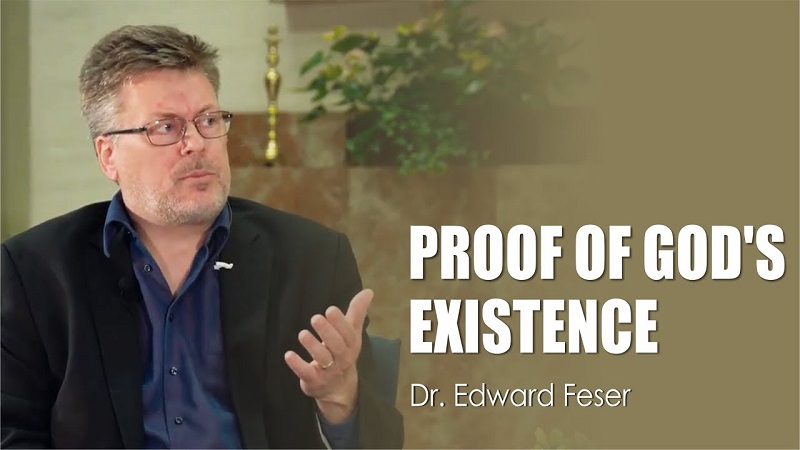



This work provides as ambitious and complete a defense of traditional natural theology as is currently in print. Finally, it answers at length all of the objections that have been leveled against these proofs.

It also offers a thorough treatment of each of the key divine attributes-unity, simplicity, eternity, omnipotence, omniscience, perfect goodness, and so forth-showing that they must be possessed by the God whose existence is demonstrated by the proofs. In particular, I propose to focus on just two of the premises in the chosen first stage proof.This book provides a detailed, updated exposition and defense of five of the historically most important (but in recent years largely neglected) philosophical proofs of God's existence: the Aristotelian, the Neo-Platonic, the Augustinian, the Thomistic, and the Rationalist. Here, I propose to discuss just the first stage of one of Feser's five proofs. Each proof is given two presentations, one informal and one formal. Each proof is in two stages: the first stage proves the existence of something which, in the second stage, is shown to possess an appropriate range of divine attributes. Given this, it is clear that Feser's ‘Aristotelian proof’ is not able to do what Feser claims that it does.įeser ( 2017) presents and defends five proofs of the existence of God. In particular, I suggest that it is neither mysterious nor surprising that, by their own lights, atheists have more than sufficient reason to reject premises 4 and 7. I argue that Feser ( 2017) nowhere establishes that Premises 4 and 7 in his ‘Aristotelian proof’ are anything more than claims about which he and his opponents – including atheists like me – disagree. This article is a response to Ed Feser's claim that his ‘Aristotelian proof’ establishes that atheists have no part in ‘the real debate’.


 0 kommentar(er)
0 kommentar(er)
